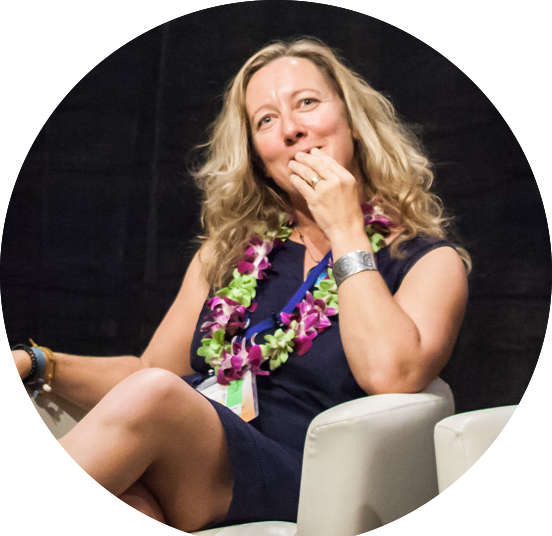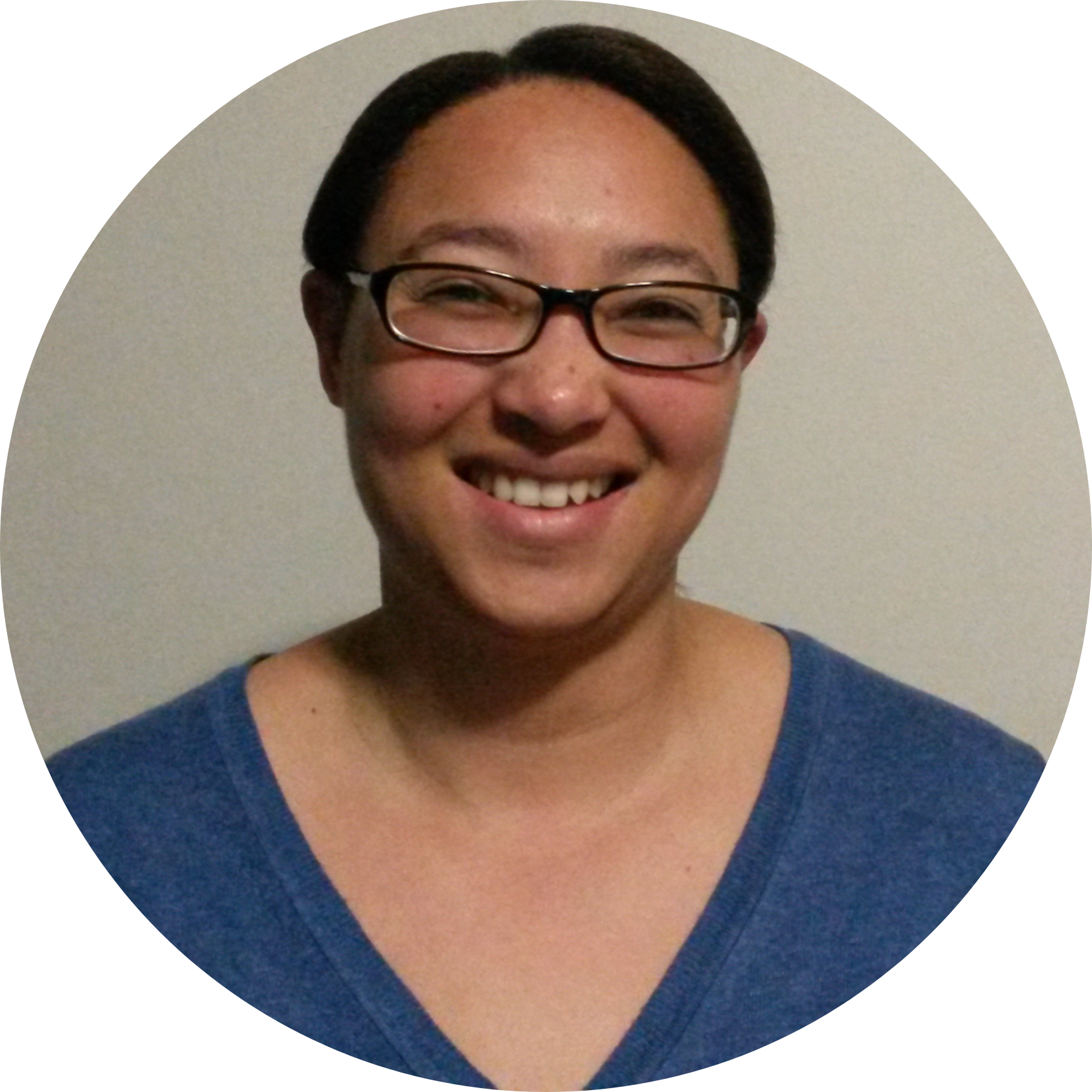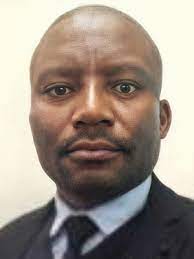SA IORAG
The South African Chapter of Indian Ocean Rim Association Academic Group
South Africa is a founding member of IORA.
SA's role in Academic, Science & Technology Cooperation within IORA
The Indian Ocean Rim Association (IORA), of which SA is a founding member, was formally launched by a Ministerial Meeting in Mauritius in March 1997. The Association’s broad objective is to promote the sustained growth and balanced development of the Region and of the Member States, and to create common ground for Regional Economic Co-operation.
South Africa took over chairship of IORA at the 17th Council of Ministers Meeting held in Durban, South Africa in 2017 and passed the chairship to the United Arab Emirates in November 2019. During South Africa’s chair period South African representatives chaired various IORA structures, such as the Indian Ocean Rim Association Academic Group (IORAG).
South Africa was again chair of the IORAG for 2022-2023.
Academic Group
The Indian Ocean Rim Academic Group (IORAG) was established in recognition of the important role of the academia in regional organizations. The role set out for the Academic Group is both advisory and catalytic.
The Secretariat
The SA IORAG Secretariat is hosted by the NRF-SAEON Egagasini Node based in Cape Town

NOde Manager
Node Manager, Egagasini Node for Marine Offshore Systems.
PhD Physical Oceanography, UCT
Interests include ocean modelling. climate variability, SW Indian Ocean, SE Atlantic Ocean, Agulhas Current, offshore-coastal interactions, long term observations, as well as student supervision, lecturing and capacity building.
Prof Hermes was the IORAG Regional Chair 2022-2023.

Science Officer
Nicole du Plessis obtained her Honours in Ocean and Atmospheric Science at the University of Cape Town. She started with the Groen Sebenza Programme in 2013 at WESSA. As part of the internship she worked as the project assistant at the Whale Coast Cetacean Project researching cetacean behaviour and habitat use in Gansbaai. She then continued her internship at the City of Cape Town’s Sport, Recreation and Amenities Department focusing on coastal management. As part of her duties she worked on the Blue Flag South Africa Programme, she was the secretariat of the Simon’s Town Penguin Advisory Committee and a mentor for the Youth Environmental Services Programme.
She is currently a Science Officer at the NRF-SAEON Egagasini Node. Her primary responsibilities are coordinating the activities for the South African Marine Research and Exploration Forum (SAMREF) and the SA IORAG.

SA IORAG Chair
Mr KGame Molope is the Chair of the South Africa Indian Ocean Rim Academic Group ( 2022 – 2023). He is a lecturer and Programme Leader (Head of Department) in the School of Government Studies at the Mafikeng Campus of the North-West University. As a developing scholar in international relations, his area of interest and research is regional trade and investment facilitation. He served as Assistant Director: Regional Organisations at the Department of International Relations and Cooperation where his primary focus was the Indian Ocean Rim Association.
Funding Opportunities
The SA IORAG provides opportunity for small funding grants to undertake research in the IORA Priority Areas.
